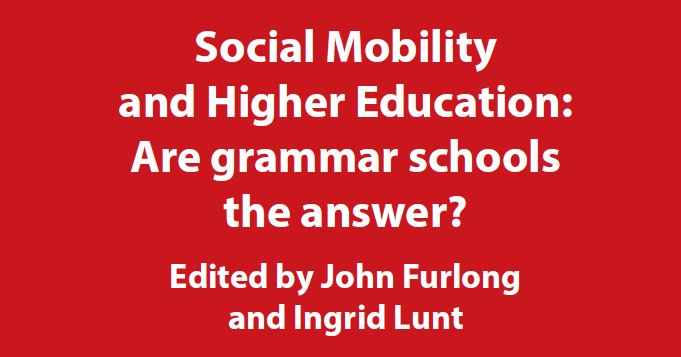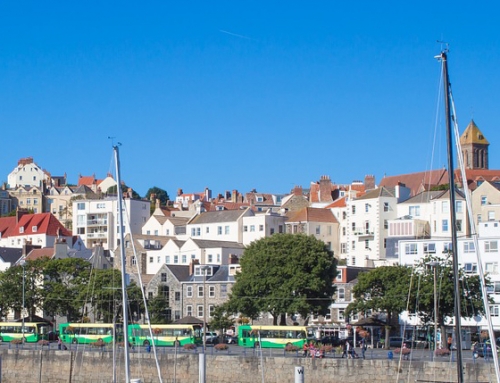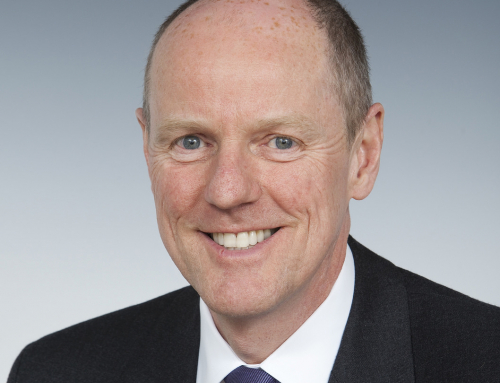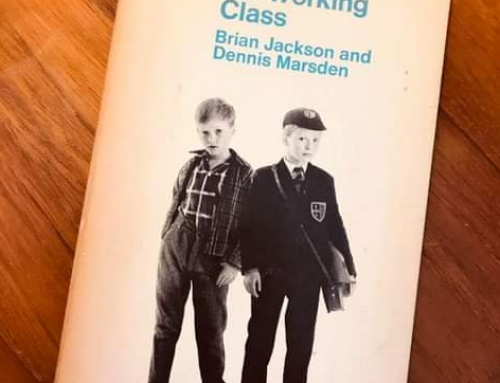 Labour Leadership Education Hustings
Labour Leadership Education Hustings
Eight leading education academics have hit back at a flawed study that claimed poor pupils at grammar schools were twice as likely to attend Oxbridge. The Higher Education Policy Institute published a collection of essays, ‘Social Mobility and Higher Education: Are grammar schools the answer?‘, highlighting evidence that far from being a boost for social mobility grammar schools depress educational achievement in the areas where they are based. The report concludes by saying, ‘In a society that aspires to greater social equality and equality of opportunity there can be little justification for the continued existence of grammar schools today, let alone their expansion.’ Read CF’s thoughts on this paper HERE.
 A new ‘satellite’ grammar school in Sevenoaks
A new ‘satellite’ grammar school in Sevenoaks
A second controversial ‘satellite’ grammar school has been given the go-ahead by Kent County Council’s education committee. In 2017, an extension of Tonbridge’s Weald of Kent Grammar School for Girls opened in Sevenoaks, 10 miles away. Now a grammar school expansion for boys, as part of the Tunbridge Wells Boys’ Grammar School, is set to open on the same site from September 2021. New grammar schools are unlawful, but if the two buildings can be proven to be ‘one’ school not two they can try to get around the law. Comprehensive Future chair, Dr Nuala Burgess, said, “Selective schools are using a loophole to create legally dubious new schools. The Tunbridge Wells Grammar School for Boys satellite will bear the same name as the main school, despite being located in Sevenoaks. It’s ridiculous. No one will be hoodwinked into believing these two schools are in fact one.” Read more HERE.
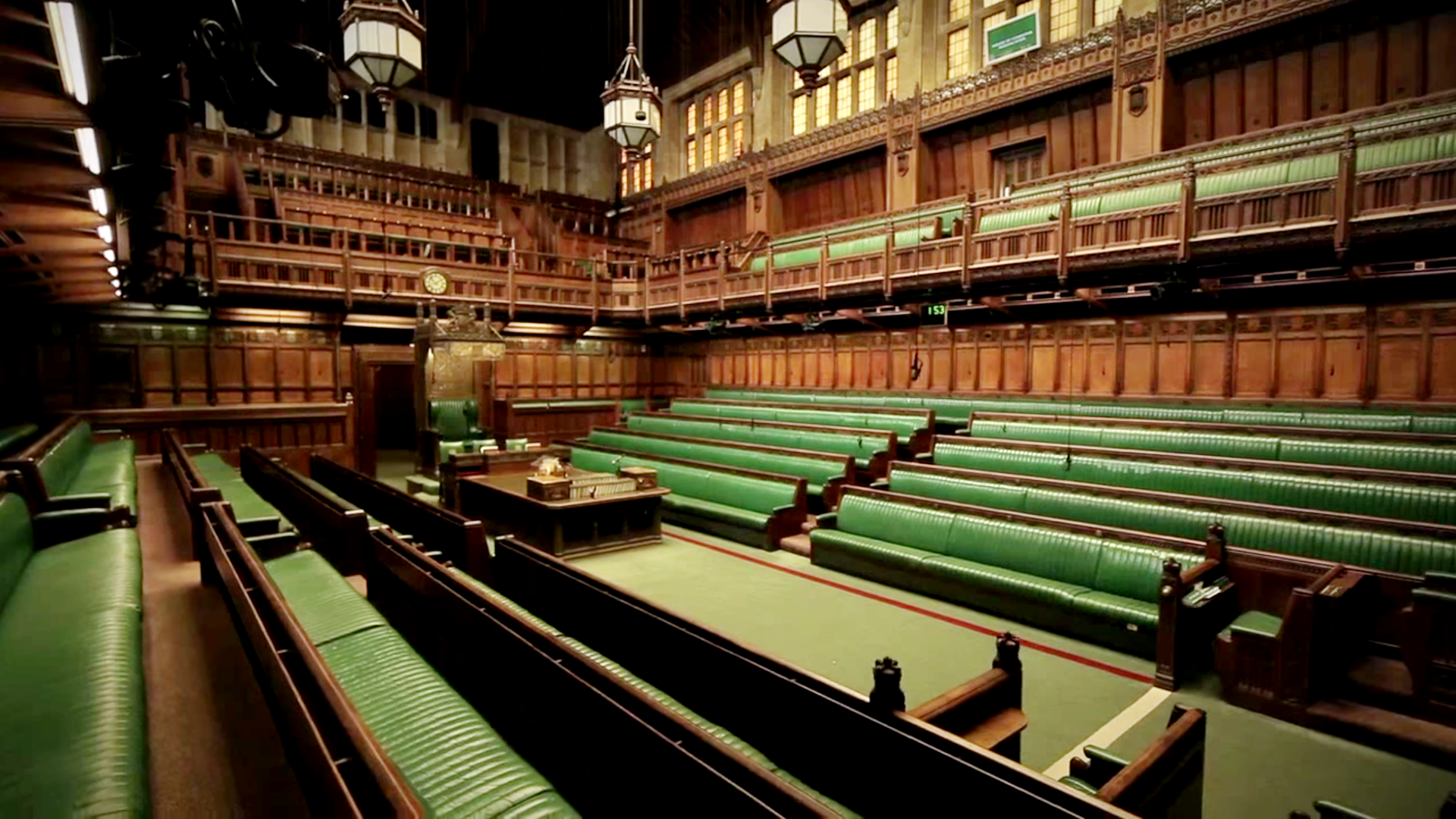 New MPs are more likely to have been educated at state schools
New MPs are more likely to have been educated at state schools
The general election on December 12th resulted in changes to the party make-up of the House of Commons, and the Sutton Trust reviewed how this changed the educational profile of parliament. They learned that 29% of MPs have been independently educated, compared to 7% of the population. This is the same as the 2017 general election. Over half (54%) of the new House of Commons went to a comprehensive school, up slightly from 52% following the 2017 election. The Sutton Trust research suggests that the educational backgrounds of members of the Commons is widening, albeit slowly. Of 155 newly elected MPs, 62% were educated at comprehensive schools, while a further 22% went to independent schools and 14% were educated at grammars. Learn more HERE.
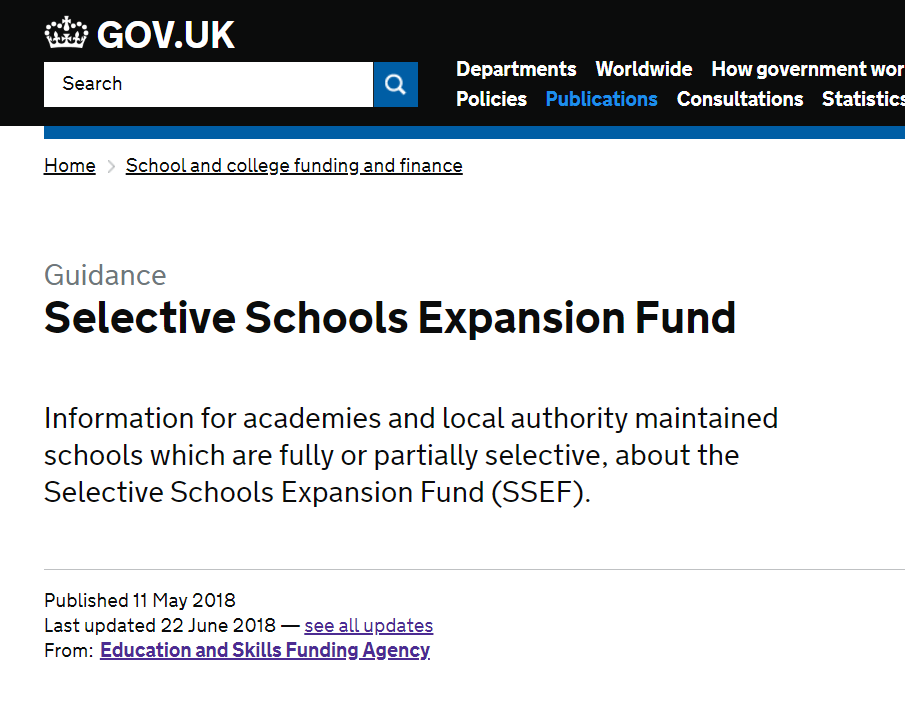 Grammar schools receiving share of £50m government fund struggle to attract poorer children
Grammar schools receiving share of £50m government fund struggle to attract poorer children
The Independent reports that grammar schools awarded a share of the £50m Selective School Expansion Fund, with promises to widen access for poorer pupils, have seen only 22 more pupils from poorer backgrounds sit their most recent 11-plus exam. Some grammar schools have even seen the number of pupil premium children applying for entry drop since the funding was introduced. Dr Nuala Burgess said, “All the evidence shows that disadvantaged pupils are unlikely to attend selective schools. There is an attainment gap for poorer pupils; inevitably, therefore, few pass the 11-plus test. It seems very wrong to spend millions expanding schools most likely to offer places to middle-class kids. Read the story in full HERE.
Our annual newsletter
2019 was a busy year for CF, we fought grammar school expansion, tried to change Labour’s policy on selection, and saw a change of prime minister and a General Election. We are still rather unclear on Boris Johnson’s policy on grammar schools, but we expect the Selective School Expansion Fund to continue. Read our annual member newsletter to see our round-up of the year’s work, and thoughts from our chair. Access our newsletter HERE
Comprehensive Future needs your financial support, please consider donating to help us continue our campaign. DONATE NOW.

